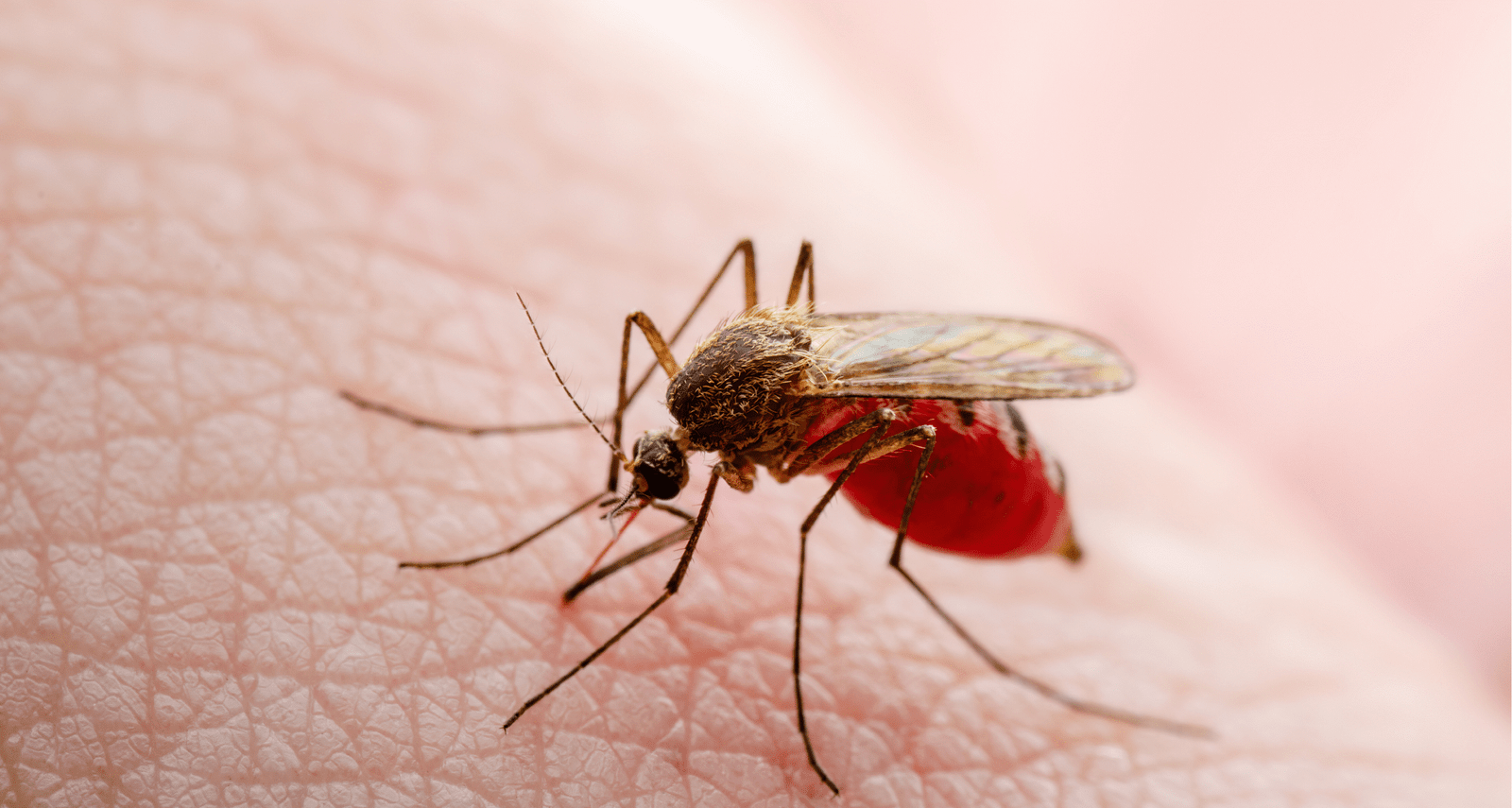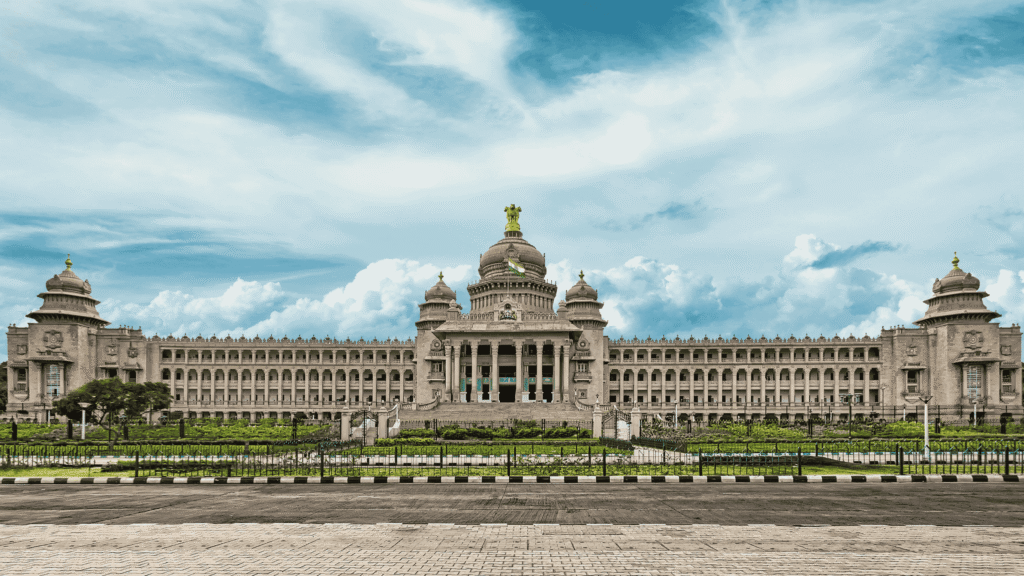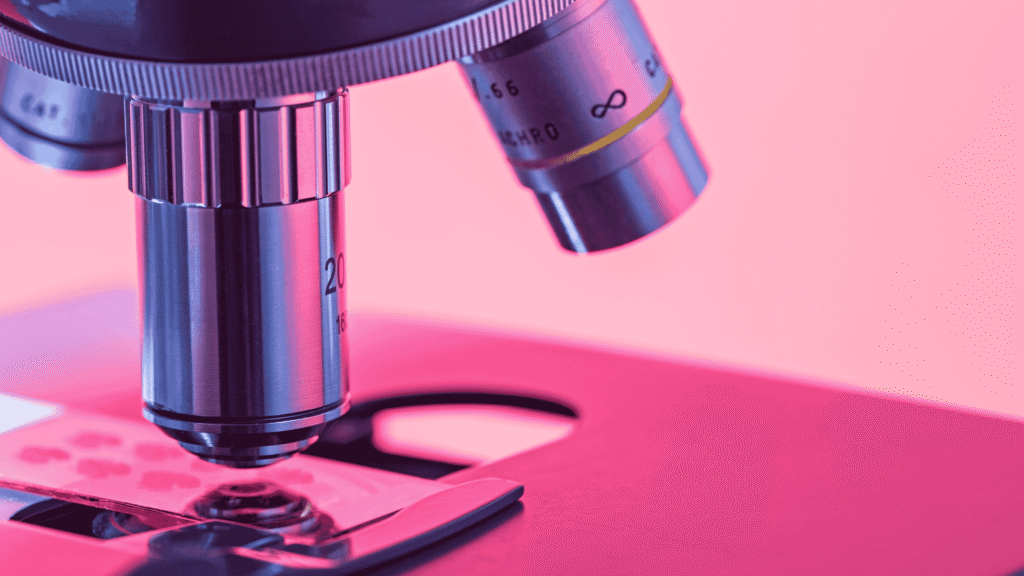The Pacific region is facing its worst dengue fever outbreak in a decade, driven by the escalating effects of climate change. A staggering 16,502 confirmed cases and 17 deaths have been reported across island nations including Fiji, Samoa, and Tonga—far surpassing previous outbreaks.
Regional Impact Breakdown
- Fiji: ~10,969 cases with 8 fatalities
- Samoa: Over 5,600 confirmed cases and 6 deaths
- Tonga: More than 800 cases and 3 deaths reported
These outbreaks mark the highest transmission levels the region has seen since 2016, revealing how extreme weather patterns are intensifying public health risks.
Climate Crisis Accelerates Dengue Transmission
Experts from the Pacific Community (SPC) and WHO point to longer, wetter seasons, rising temperatures, and humid conditions as prime drivers of faster Aedes mosquito breeding and virus spread—even in areas once considered low-risk.
Dr. Joel Kaufman of the University of Washington warns, “Dengue is among the first disease-related phenomena directly linked to climate change.” He connects heavy rainfall to increased mosquito breeding grounds and faster viral replication in mosquitoes.
Despite contributing just 0.03% of global greenhouse emissions, Pacific Island nations are bearing a disproportionate burden of climate-linked health threats like dengue.
Public Health Interventions & Challenges
Governments across the region have declared public health emergencies and rolled out measures including fumigation drives, school disinfection programs, and community clean-ups. Support teams from nations like New Zealand have brought medical aid, supplies, and on-ground assistance.
However, experts highlight that weak disease surveillance systems and delayed intervention continue to hamper outbreak control. Traditional mosquito control tools often fall short without early, coordinated response.





